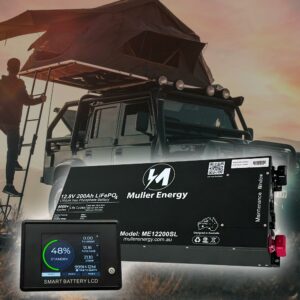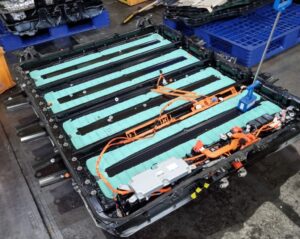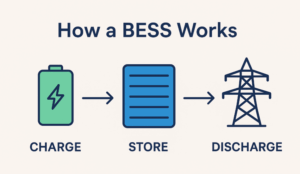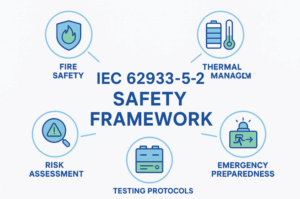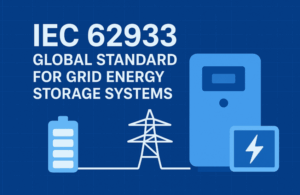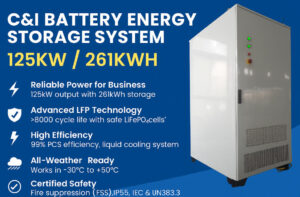Why Choosing a Battery with High Energy Density Pays Off in the Long Run
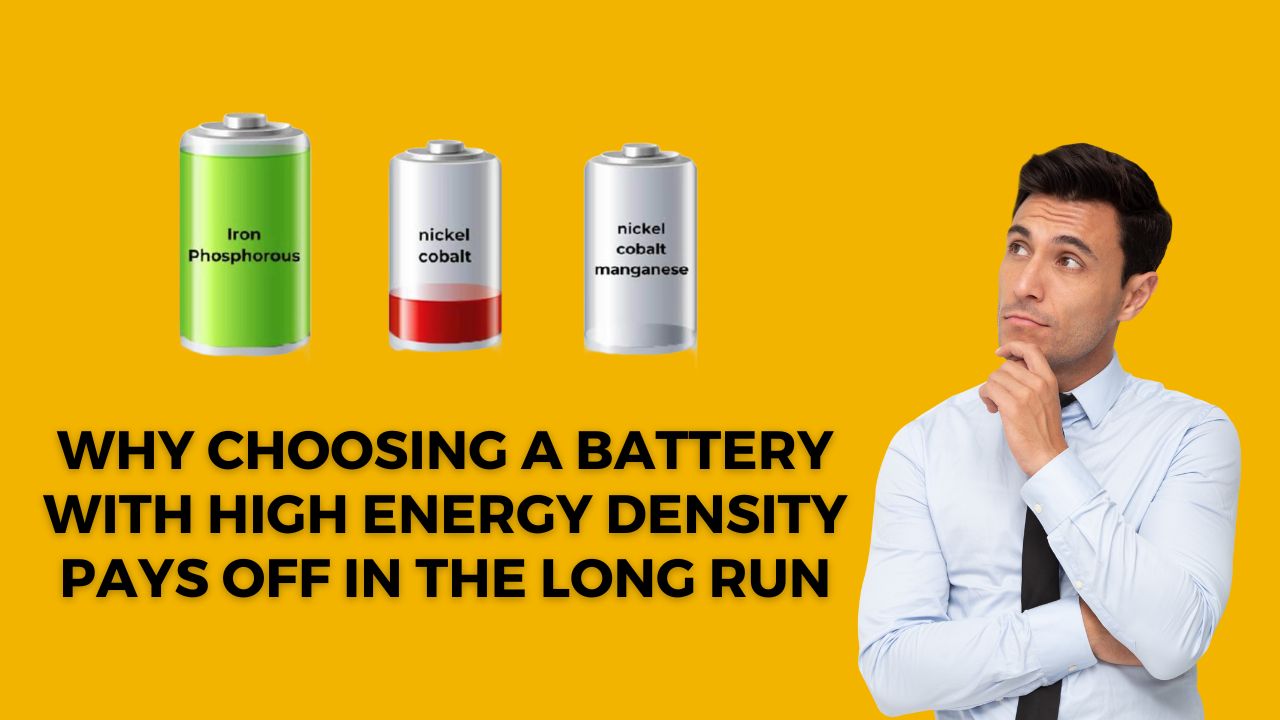
High Energy Density Battery
Are you tired of constantly swapping out batteries in your devices? Do you wish there was a way to keep them running longer without the hassle? Look no further than choosing a battery with high energy density. Not only will it save you money in the long run, but it also offers countless benefits that make it worth considering for all your power needs. Join us as we dive into why investing in a high-energy-density battery is truly the smart choice for any tech-savvy individual.
Introduction to Energy Density
In order to understand why choosing a battery with high energy density pays off in the long run, it is important to first understand what energy density is. Energy density is a measure of how much energy can be stored in a given volume. The higher the energy density, the more energy can be stored in a smaller space. This is why batteries with high energy density are often used in small devices such as cell phones and laptops – they can pack a lot of power into a small space.
There are two main types of batteries – primary and secondary. Primary batteries are those that cannot be recharged and must be replaced once they are depleted. Secondary batteries can be recharged multiple times and are therefore more cost-effective in the long run. When considering which type of battery to choose, it is important to consider both the initial cost and the lifetime cost of the battery.
The initial cost of a primary battery is usually lower than that of a secondary battery, but the lifetime cost is much higher since they need to be replaced more often. In contrast, the initial cost of a secondary battery may be higher, but over its lifetime it will end up being cheaper since it can be reused multiple times. Therefore, when choosing between batteries, it is important to consider not only the initial price tag but also the long-term costs associated with each type of battery.
In general, batteries with higher energy densities tend to be more expensive upfront but cheaper in the long run due
What is Energy Density?
Energy density is a term used to describe the amount of energy stored in a given mass or volume. The higher the energy density, the more energy can be stored in a given space. This is important for applications where space is limited, such as in batteries and fuel cells.
The most common unit of measurement for energy density is watt-hours per kilogram (Wh/kg). This metric measures how much energy can be stored in a kilogram of material. For example, if a battery has an energy density of 100 Wh/kg, that means it can store 100 watt-hours of energy in every kilogram of its weight.
How do you know if a battery has high energy density? One way to find out is by looking at its specific energy. This measures how much energy can be stored per unit of weight. The higher the specific energy, the better.
To give you an idea of what these numbers mean, consider that the average lithium-ion battery has an energy density of about 180 Wh/kg. That means that, if we had a 1 kg battery with perfect efficiency, it could theoretically store 180 watt-hours of energy. In practice, however, batteries are not 100% efficient so this number is lower in reality.
Benefits of High Energy Density in Batteries
High energy density batteries offer a number of advantages over traditional batteries, including longer life span, higher capacity, and smaller size.
Batteries with high energy density can last up to three times as long as traditional batteries, making them a great choice for applications where battery life is critical. They also have the ability to store more energy than traditional batteries, meaning they can power devices for longer periods of time before needing to be recharged. Finally, high energy density batteries are often smaller in size than traditional batteries, making them more convenient to use in a variety of settings.
Types of Rechargeable Batteries with High Energy Density
Choosing a battery with high energy density pays off in the long run for a number of reasons. First, batteries with high energy density can store more energy than batteries with lower energy density. This means that you’ll be able to use your device for a longer time before having to recharge the battery. Second, batteries with high energy density tend to be smaller and lighter than their counterparts with lower energy density. This makes them more convenient to carry around, and they’re less likely to add bulk and weight to your device. Finally, batteries with high energy density typically have a longer lifespan than those with lower energy density. This means you won’t have to replace them as often, which can save you money in the long run.
There are a few different types of batteries that fall into the category of ‘high energy density.’ Li-ion batteries are one type of high energy density battery. They’re popular in devices like laptops and cell phones because they offer a good balance of size, weight, and performance. Another type of high energy density battery is the lithium polymer battery. These batteries are often used in smaller electronic devices because they’re lightweight and have a higher energy density-to-weight ratio than other types of batteries.
Factors Affecting Battery Performance
There are many factors that can affect the performance of a battery, including temperature, discharge rate, capacity, and cycling.
Temperature: Extreme temperatures can damage battery cells and change the internal chemistry, which can lead to reduced capacity and increased self-discharge. Discharge Rate: Higher discharge rates tend to reduce the overall capacity of the battery. Capacity: The total amount of charge that a battery can store decreases as the number of charge-discharge cycles increases. Cycling: Frequent cycling (charging and discharging) can also reduce capacity.
Tips for Selecting the Right Battery with High Energy Density
High energy density batteries are critical for long-term, reliable operation of any electronic device. Here are some tips for selecting the right battery with high energy density:
- Check the battery’s energy density rating. This is a measure of how much energy is stored in the battery per unit of weight or volume. The higher the rating, the more energy-dense the battery.
- Consider the devices you’ll be powering with the battery. Some devices require more power than others, so you’ll need to select a battery with a high enough energy density to meet those power demands.
- Compare different brands of batteries. Not all batteries are created equal, so it’s important to compare options before making a purchase. Consider factors like price, warranty, and reviews when making your decision.
Conclusion
High-energy density batteries are an essential component of many applications, from large industrial projects to small consumer devices. The benefits of choosing a battery with high energy density include improved performance, reduced costs and extended life expectancy. With the increasing demand for higher power and portable products that require more reliable batteries, it pays off in the long run to opt for those featuring high energy densities. By making informed decisions when selecting your batteries, you can ensure that you get maximum efficiency and reliability out of them while also helping your bottom line.
